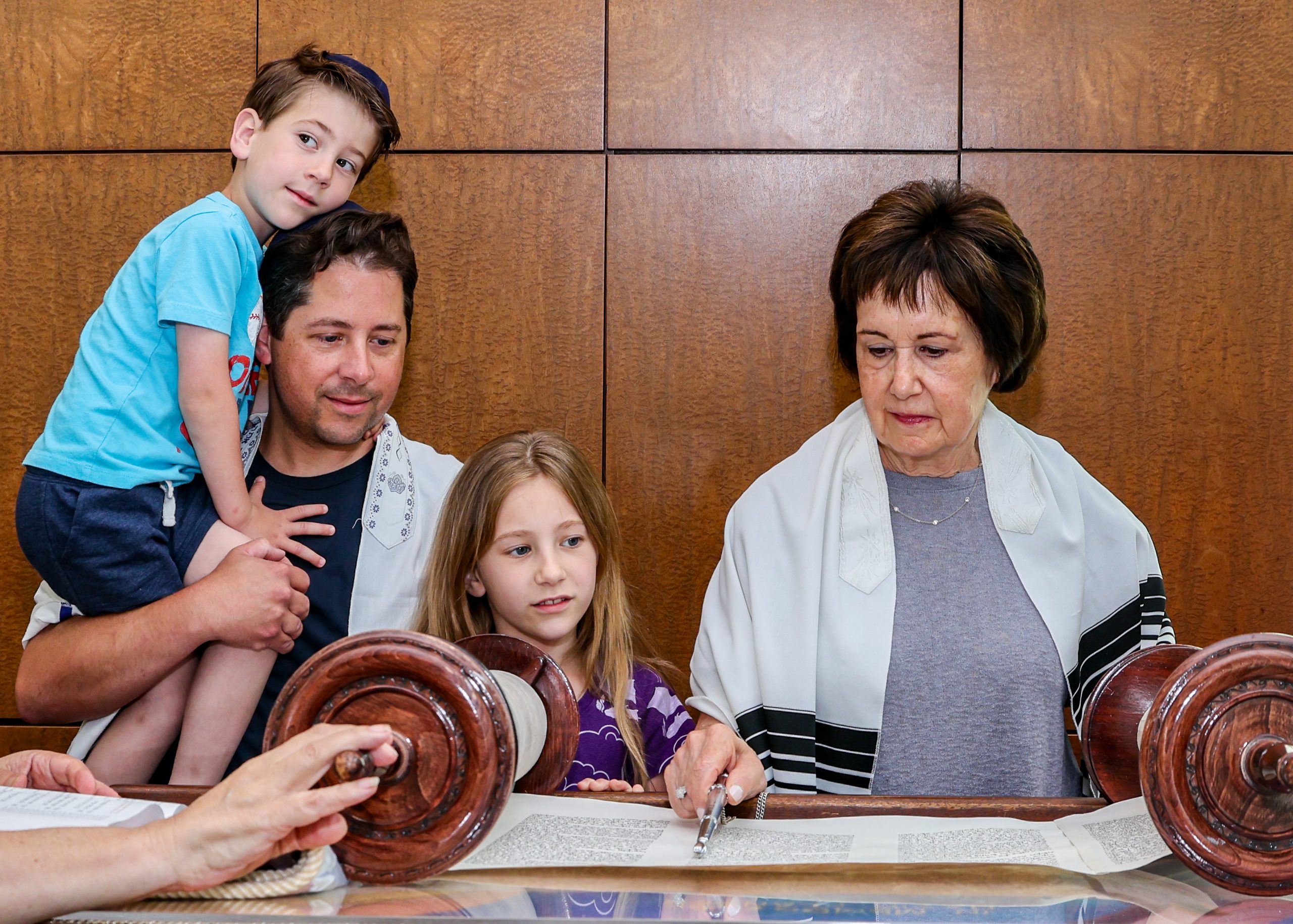The grogger is the symbol unique to Purim. We use it to “blot out the name” of the evil Haman (boooo!). But I think the dreydel would be the better symbol for the Purim story.
The dreydel reflects the random nature of our experience of the world. It spins in perfect balance until, suddenly, the bottom slips out from underneath, and it falls crashing to its side. It takes great effort to get it up and spinning once more.
This year has certainly proven that nothing is certain, that just when you think life is in perfect balance, it topples. Or the opposite. Just when things seem grim, they might turn around for the better.
Sudden changes of fate are the main theme of Megillat (the Book of) Esther. The name Purim means “drawing lots,” and it is by that random method that, under Haman’s orders, the Jews are “scheduled for destruction” on the 13th of Adar.
As the story unfolds Haman’s evil decree moves towards reality. All appears hopeless for the Jews of Persia. Our potential heroine, Esther, is afraid–a queen with influence but no power. And then (spoiler alert), at the fateful garden party, Esther reveals her true identity to the king, Haman is hanged, and the Jewish people are saved.
As we learn towards the end of the story (Esther 9:1), “And so, on the thirteenth day of the twelfth month–that is the month of Adar–when the king’s command and decree were to be executed, the very day on which the enemies of the Jews had expected to get them in their power, fate turned upside down, and the Jews got their enemies in their power.
V’na’ahfafokh hu — fate turned upside down! Or maybe we should read it, “Fate turned right side up!” The megillah is so satisfying because the story line includes a quick and stunning reversal — all of the injustices and unfair power dynamics are suddenly reversed in favor of the Jewish people.
And what of our pandemic experience? Purim marks a year since our world was turned upside down by COVID. V’nahafokh hu! The deaths of loved ones we had every expectation would still be with us this Purim. Celebrations cancelled or altered. Facing illness or hardship alone. Passover seders and Shabbat dinners and High Holidays over Zoom, or with just our immediate families. It has been a year of constant challenge and trauma.
Will our world, like the conclusion of the megillah, be turned “right side up” any time soon? Improved treatments and vaccines give us hope. But it will take time, patience, confidence, and optimism — and maybe a few miracles — to get our dreydel back to spinning in balance.
Meanwhile, the story of Purim tells us how to live life in the shadow of random topsy-turviness. Tell hopeful stories. Make lots of noise. Eat good food. Give tzedakah. And send gifts to one another.
And if you feel like playing with a dreydel this year, that’s ok too! Simhat Purim — Happy Purim!









